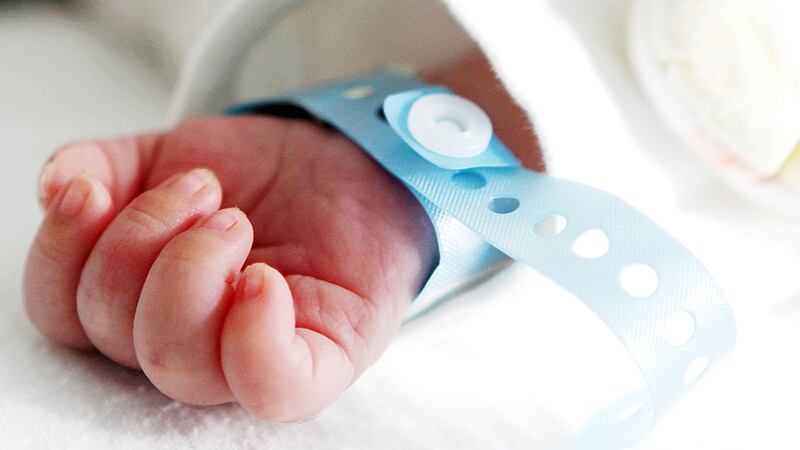FRANKFORT, Ky. — The opioid epidemic in the U.S. has claimed millions of victims and has spread into even remote corners of American society.
While critics have accused states and the federal government of being slow to act in addressing the crisis, there has been a recent spotlight on the pharmaceutical companies’ role in the epidemic, and Kentucky, in particular, is taking steps to try to protect newborns born to drug-addicted mothers.
A new bill in the state's Legislature would terminate the parental rights of mothers of babies born addicted to drugs, classifying the newborns as "addicted and abused at birth," according to The Associated Press. The new mothers would lose their babies unless they are enrolled in drug treatment programs. The state would be required to begin the process of terminating parental rights within 60 days of the birth of a drug-addicted baby.
The Republican Kentucky House Majority Caucus Chairman David Meade introduced House Bill 1 to address extensive problems in the state's adoption and foster care system, the website KYForward.com reported, but he also included an effort to try to address the opioid crisis, which has hit the Bluegrass state hard.
"Many issues have led to the epidemic of children lingering in the state system, including an oversized bureaucracy, the opioid epidemic, and a lack of attention in the past to these issues. House Bill 1 is the first step in putting Kentucky on a different track for adoption and foster care, and truly putting children and families first," Meade said, according to KYForward.com.
The legislation, which was unanimously approved Thursday and is now headed to the House floor for debate, has bipartisan support among lawmakers.
Gaylord Lopez, a doctor of pharmacy and director of the Georgia Poison Center, shares a few facts about the opioid epidemic in Georgia and around the nation. An investigation by The Atlanta Journal-Constitution found that opioid-related overdoses in the state of Georgia claimed the lives of 982 people last year. The AJC also found that doctors aren't being held accountable when they behave more like dealers than healers. Video by Ryon Horne, Carrie Teegardin and Curtis Compton
Cox Media Group








